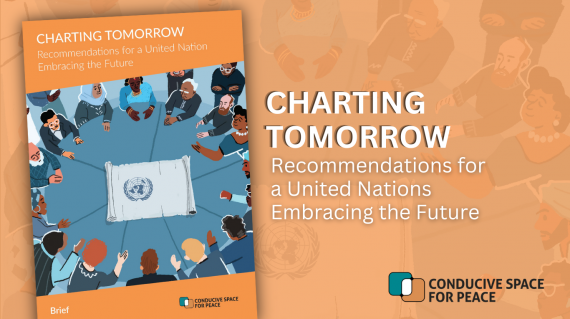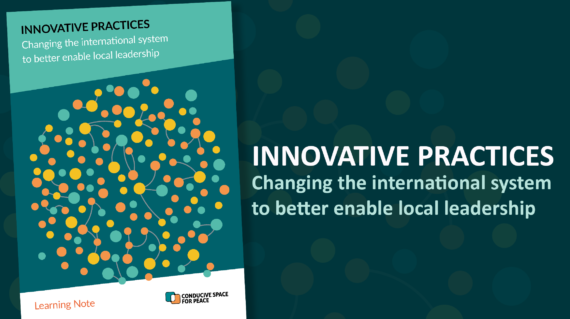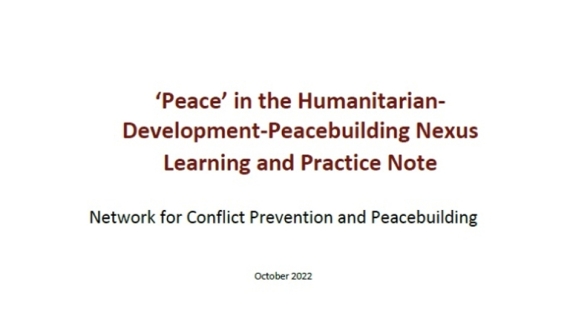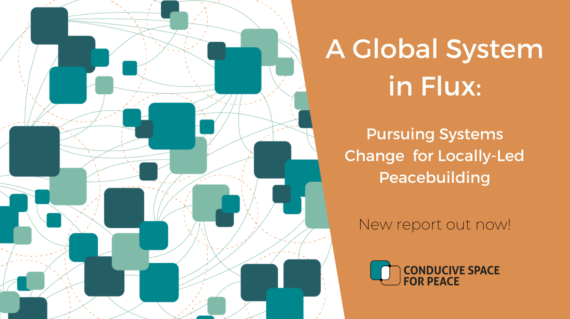CHARTING TOMORROW Recommendations for a United Nations Embracing the Future
This briefing note is the CSP contribution to the ongoing process of review and reform of the UN peacebuilding architecture, inspired by the collective wisdom of the many actors with whom we have worked. It presents five actionable recommendations in the short to medium term and three perspectives for transformational changes needed to reimagine the UN for a new era. It is crafted with an acute awareness of the ambitious reform agenda set forth in the UN secretary-general’s New Agenda for Peace and the commitments made by UN member states in the Pact for the Future. They signal a renewed push to modernise multilateralism, strengthen global governance and ensure peacebuilding efforts are suitable for the complex world of today. The recommendations and perspectives in this Brief are intended to support the translation of the commitments into concrete, inclusive and meaningful changes that strengthen peacebuilding efforts worldwide.










